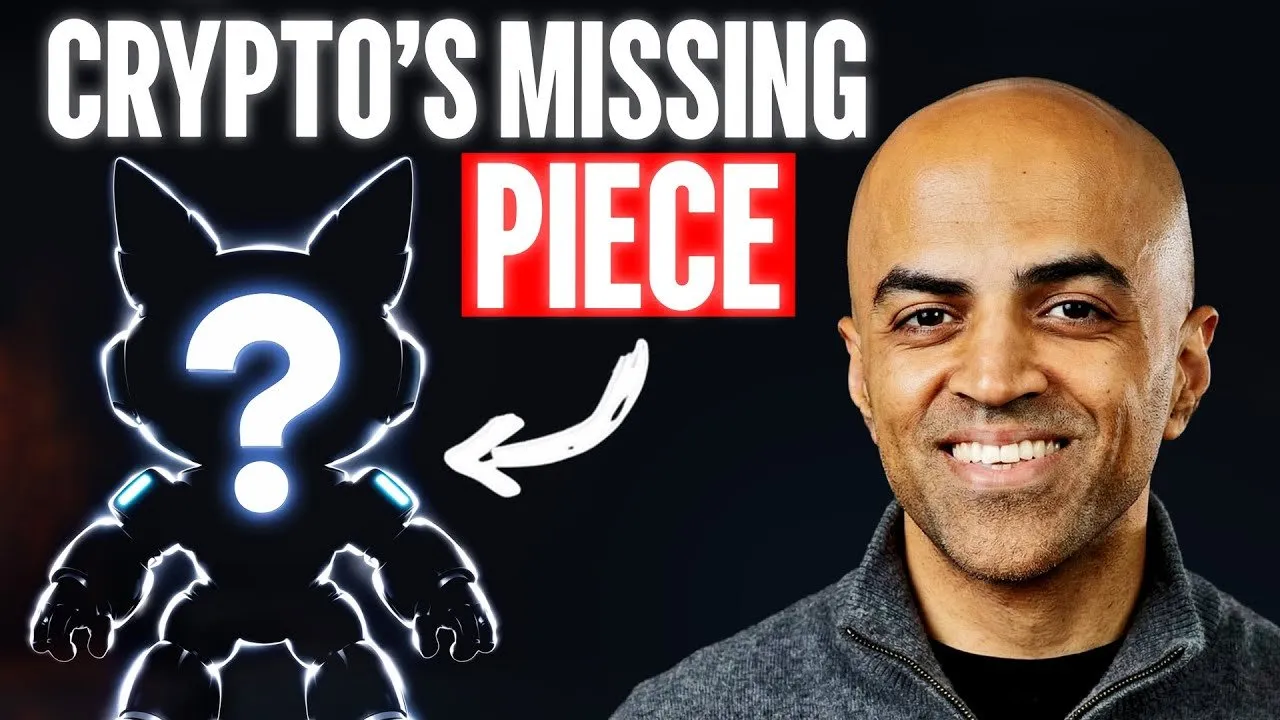Table of Contents
We live in an age obsessed with genius. From Elon Musk's Twitter antics to Sam Altman's AI prophecies, our culture venerates technological innovators as modern-day demigods. But what if our entire understanding of genius is built on dangerous myths that distort history, excuse bad behavior, and reinforce harmful hierarchies?
Key Takeaways
- The modern concept of genius emerged during capitalism's rise, shifting from divine inspiration to individual exceptionalism
- Our genius mythology often serves as political cover for tolerating abusive behavior from powerful figures
- Silicon Valley's deification reflects America's desperate attempt to maintain global dominance amid rising competition
- The "great man theory" ignores crucial environmental factors like timing, location, and institutional support
- High IQ obsession in tech culture perpetuates exclusionary practices while missing the complexity of human achievement
- Religious decline has created a spiritual vacuum that genius worship attempts to fill
- True innovation requires both exceptional individuals and supportive ecosystems—we can control the latter
- Genius labels increasingly function as political arguments about whose achievements matter most
- The democratization of fame through social media has made genius performance more important than actual achievement
The Historical Evolution of Genius
Helen Lewis traces how genius transformed from ancient divine inspiration to modern individual supremacy. Samuel Johnson's 18th-century definition captured this shift: "a man possessed of superior faculties"—the idea that certain people exist in a class by themselves.
Before the Industrial Revolution, exceptional artists depended on aristocratic patrons. The mass marketplace of the 1800s changed everything. Artists suddenly needed public fame rather than elite approval. This transformation birthed our contemporary genius archetype: the technological innovator who embodies American progress.
Thomas Edison became the template—the "American Prometheus" whose inventions promised to reshape civilization. This model persists today in figures like Musk, whose SpaceX achievements are framed as humanity's next evolutionary leap rather than impressive engineering projects built on government contracts and team collaboration.
The Politics of Genius Worship
Lewis argues that genius designation often advances political arguments about tolerance and exceptionalism. The question isn't whether someone possesses extraordinary abilities, but how much bad behavior we'll overlook in exchange for their contributions.
Consider Kanye West's trajectory. For years, fans debated whether his musical genius justified overlooking increasingly erratic behavior. The breaking point came with explicit antisemitism, but Lewis notes how this progression reveals our tendency to gradually normalize toxicity when attached to exceptional talent.
This dynamic extends beyond entertainment. Roman Polanski's defenders argued that sophisticated art consumers should separate creative achievement from personal crimes. Harvey Weinstein's enablers believed his willingness to fund risky independent films outweighed widespread abuse rumors. The pattern repeats: genius becomes a get-out-of-jail-free card for violating social norms.
Silicon Valley's Genius Factory
Tech culture has weaponized genius mythology in particularly sophisticated ways. Job postings now casually mention IQ requirements, normalizing intellectual hierarchy as hiring criteria. This represents more than mere elitism—it's a political statement about who deserves success.
Lewis observes how Silicon Valley's demographic homogeneity gets justified through genius rhetoric. The predominance of white and Asian men isn't systemic bias but natural selection of the most capable. IQ becomes proof that "the right people have risen to the top."
Yet this narrative crumbles under scrutiny. Elon Musk's success required Stanford education, Silicon Valley's funding ecosystem, government contracts providing stable revenue, and countless collaborators. His achievements represent synthesis between public investment and private innovation, not isolated genius transcending social constraints.
The Great Man Theory's Appeal and Limitations
Lewis wrestles with an uncomfortable truth: exceptional individuals do seem to drive major historical changes. The romantic poets insisted that creativity borders on madness. Modern entrepreneurs often display neurotypical behaviors that enable unconventional thinking. Perhaps some personality traits genuinely correlate with world-changing achievement.
This creates a dilemma for progressive politics. Acknowledging innate differences between individuals conflicts with egalitarian ideals about human worth and potential. Lewis notes how left-wing critics sometimes overcorrect, denying obvious evidence that certain people possess rare combinations of talent, drive, and vision.
The Paul Graham insight proves instructive: we need both Leonardo and Florence. Individual genius requires supportive environments—university research funding, legal frameworks enabling innovation, cultural values celebrating risk-taking. We can't manufacture exceptional individuals, but we can create conditions where they flourish.
The Mythology Machine in Action
Lewis demonstrates how genius narratives get constructed through selective storytelling. Leonardo da Vinci's reputation as a scattered polymath contradicts evidence of his prolific, organized output. Michelangelo's suffering artist persona gets reinforced through dubious anecdotes about paint dripping into his eyes during the Sistine Chapel's creation.
These templates feel narratively satisfying because they suggest genius requires sacrifice. If exceptional people live ordinary, well-adjusted lives, their achievements seem less remarkable. We prefer stories where extraordinary talent comes with extraordinary costs—deafness for Beethoven, blindness for Milton, isolation for Einstein.
Taylor Swift provides a contemporary example. Her musical talent and business acumen are undeniable, yet cultural commentary focuses obsessively on her romantic relationships. The "dark side" narrative suggests no one achieves massive success without paying emotional prices.
The Decline of Religion and Rise of Secular Saints
Lewis connects genius worship to religious decline in Western societies. Christianity traditionally provided frameworks for human dignity independent of worldly achievement. As faith retreats, genius fills the spiritual vacuum.
We desperately want encounters with the transcendent. Great art, scientific breakthroughs, and technological marvels provide secular versions of religious experience. Figures like Steve Jobs get treated as prophets revealing humanity's technological destiny rather than skilled marketers building on decades of research.
AI development exemplifies this dynamic. Current language models are sophisticated business tools, yet they're discussed in mystical terms suggesting artificial consciousness. Their creators become priests of a new digital religion, promising either salvation or apocalypse depending on our obedience to their vision.
The Intelligence Trap
Lewis's chapter on high IQ societies reveals genius mythology's absurdities. These organizations attract people with exceptional test scores who couldn't translate intelligence into conventional success. Members often become outsiders nursing resentment about the world's failure to recognize their specialness.
The genius sperm bank provides another cautionary tale. Robert Graham's attempt to breed superior humans attracted Nobel Prize winners like William Shockley, whose scientific brilliance coexisted with enthusiastic racism. The project collapsed when associated with eugenics advocacy, demonstrating how intellectual gifts don't guarantee moral wisdom.
Stephen Hawking's dismissal of IQ bragging—"people who boast about their IQ are losers"—reflects someone whose achievements spoke for themselves. Obsession with intelligence metrics often indicates absence of other accomplishments worth celebrating.
Geopolitical Dimensions of Genius
American genius worship serves geopolitical purposes. As China's rise challenges Western dominance, Silicon Valley innovators become living arguments for continued American leadership. Elon Musk and Sam Altman aren't just entrepreneurs—they're symbols that America still owns the future.
This explains the intense emotional investment in tech personalities. Their success validates broader claims about American exceptionalism, democratic innovation, and free market superiority. Conversely, their failures threaten core national mythologies about meritocracy and opportunity.
Lewis wonders whether authoritarian societies can produce comparable genius figures. Jack Ma's disappearance after criticizing Chinese regulators suggests limits on individual expression that might constrain innovation. Yet China's technological achievements challenge assumptions that liberal democracy uniquely enables breakthrough thinking.
Beyond the Myth
Lewis concludes with modest hope tempered by realism. We can't eliminate genius worship—humans need heroes and stories to make sense of complex realities. But we can resist the mythology's worst excesses by remembering that achievements emerge from collaboration, timing, and institutional support rather than isolated brilliance.
The healthier approach treats genius as describing specific works or moments rather than permanent personal characteristics. A painting might be genius without making its creator superhuman. This shift from person to product could reduce the celebrity worship that enables abuse while maintaining appreciation for exceptional achievement.
We face a choice between two visions of human worth. Genius mythology suggests some people matter more than others based on measurable capabilities and cultural contributions. The alternative insists on fundamental human dignity independent of achievement, talent, or social recognition. Our civilization's trajectory may depend on which vision ultimately prevails in shaping institutions, relationships, and the stories we tell about ourselves.





